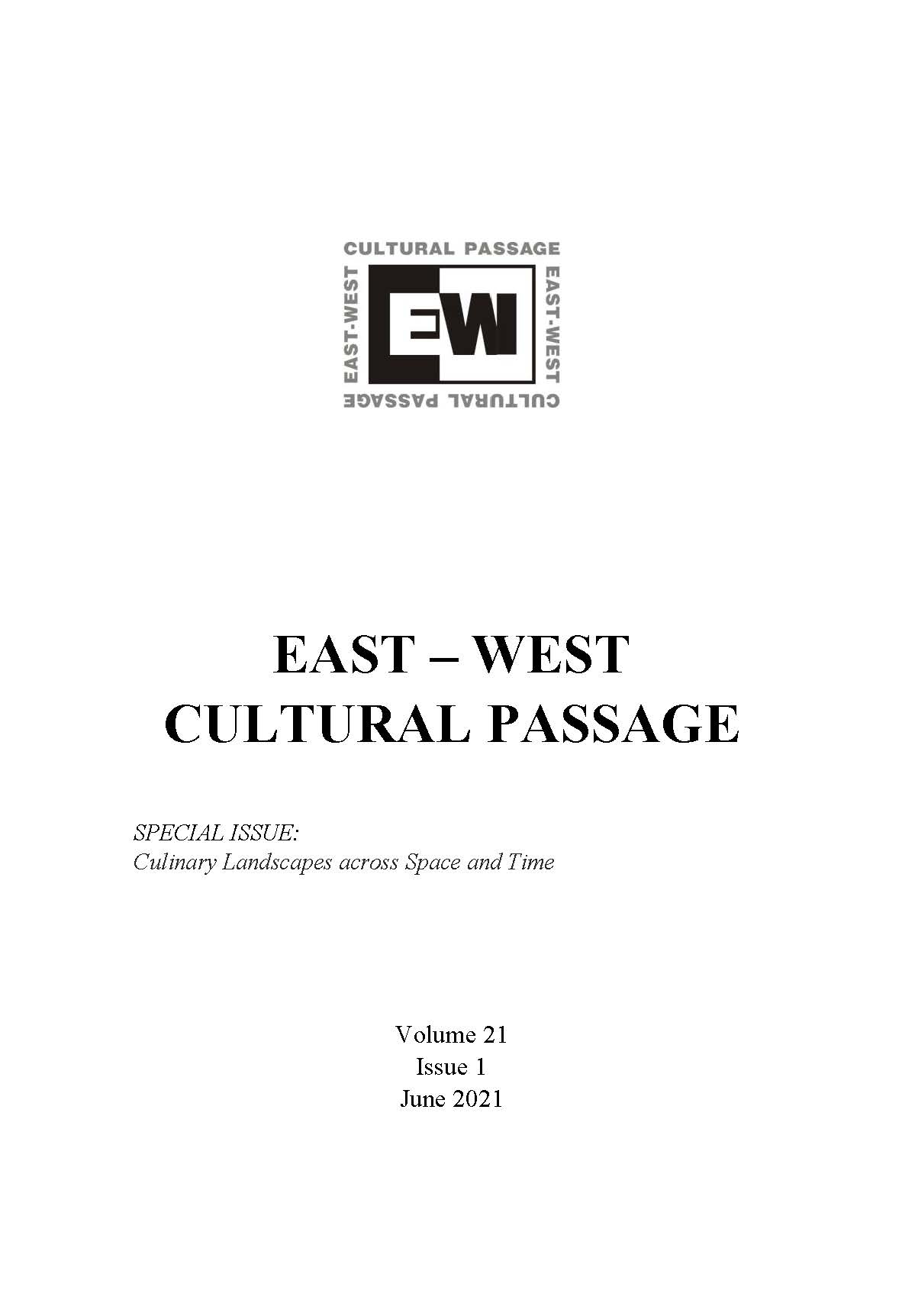Dorothy Wordsworth’s Food-Mediated “History of the Personal” in The Grasmere Journal
Dorothy Wordsworth’s Food-Mediated “History of the Personal” in The Grasmere Journal
Author(s): Dorina Daniela VasiloiuSubject(s): Gender Studies, Cultural history, Gender history, Culture and social structure , Social development, Social differentiation, 19th Century, British Literature
Published by: Editura Universitatii LUCIAN BLAGA din Sibiu
Keywords: food narrative; sharedness; emotions; interrelationality; social identification; positioning;
Summary/Abstract: Food practices (preparation and consumption) have long been viewed as mere domestic routines, and thus, often dismissed for being too “frivolous [a] realm” to receive the same scholarly attention as “great topics” such as “politics, economics, justice and power” (Shapiro 2). Emerging during the 1970s, food studies owe their theoretical model to research in fields of enquiry such as anthropology, sociology, structuralism, or women’s studies, which have highlighted the aesthetic value of food and its transformative implications for the intermediation of social relations with others. Accordingly, food occasions various socio-cognitive activities that help an individual achieve a sense of attachment and belonging to a community. Based on the premise that food is instrumental in social relations, as well as in expressing a wide range of values, experiences and emotions, the present analysis gives an insight into the epistemic potential of food to attribute new meanings to Dorothy Wordsworth’s Grasmere memoir. Laura Shapiro’s non-fictional account, What She Ate: Six Remarkable Women and the Food that Tells their Stories serves as a useful starting point for the present reading of Wordsworth’s Grasmere Journal as food narrative that has family relations, daily experiences and emotions constantly mediated through food.2 In this sense, I propose a constructivist-relational approach to Dorothy’s narrative as interconnected with food, with the primary aim to explore how her numerous food references in the Journal contribute to the construction of her personal narrative and identity. As posited here, The Grasmere Journal offers a glimpse of Dorothy and William Wordsworth’s dietary, social and writing routines, but also projects an image of Dorothy in a position of power, a woman ahead of her time, with a progressive stance, which goes beyond the societal expectations with regard to women’s domestic role during the Romantic period.
Journal: East-West Cultural Passage
- Issue Year: 21/2021
- Issue No: 1
- Page Range: 27-42
- Page Count: 16
- Language: English
- Content File-PDF

